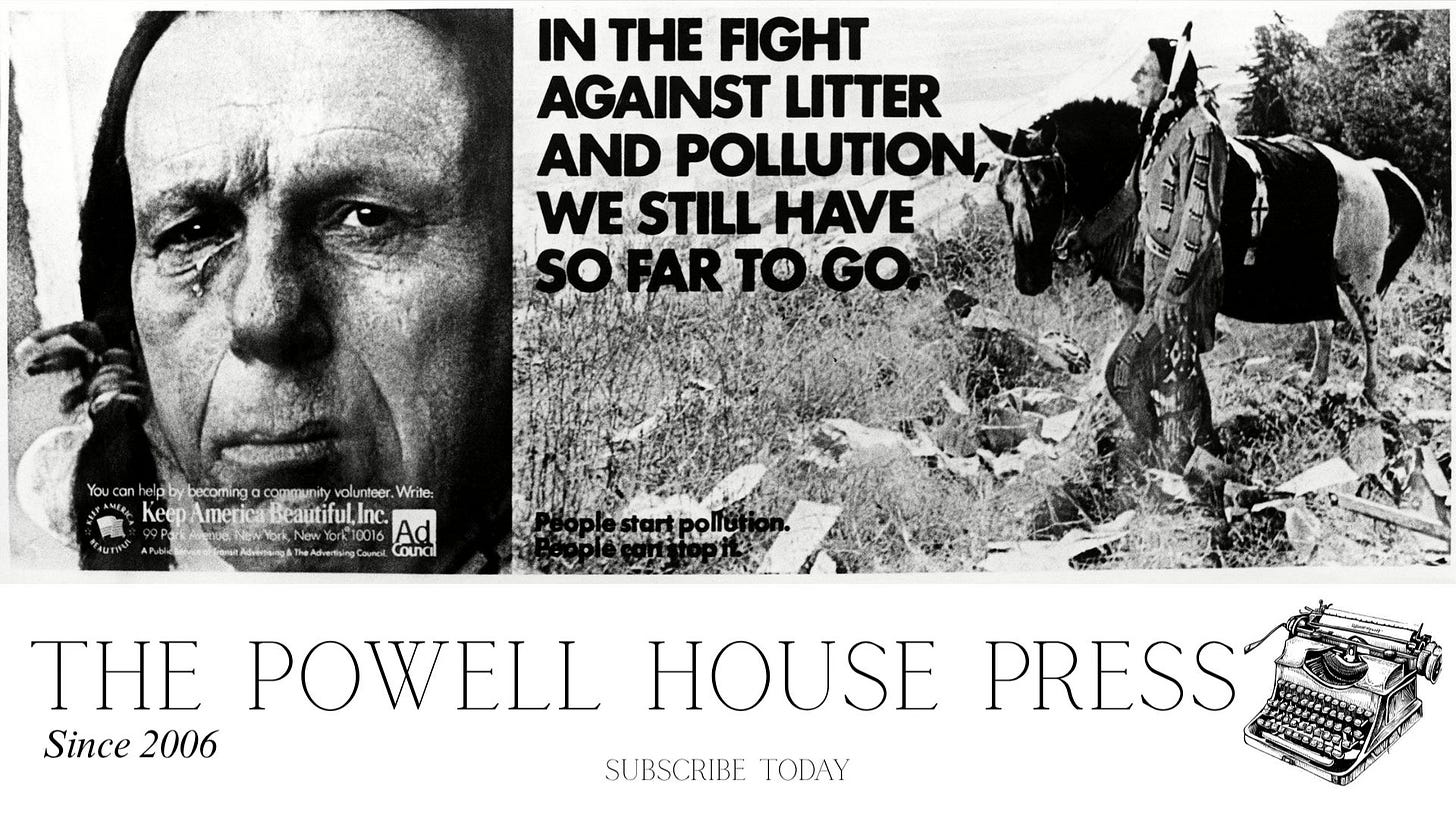"This Land WAS Our Land. From California to the New York Island."
The Profound Loss of Public Lands for Timber, Mining and Corporate Farming is Happening in the Chaos that is Trumpism.
The past weeks have offered America a clinic in misdirection, but perhaps that's giving too much credit to intentional strategy when what we're witnessing might simply be the natural result of unleashing chaos at a velocity that makes comprehension impossible. While the nation fixated on theatrical pandemonium—the Epstein files surfacing like some ghoulish jack-in-the-box, the bombardment of Gaza and Qatar, Venezuelan boats under attack, Putin's drones violating Polish airspace, and the shocking intensity surrounding Charlie Kirk's murder—another horror story was unfolding in federal agencies across Washington. There, wrapped in the seductive rhetoric of returning to traditional American values, the Trump administration has been systematically dynamiting nearly a century of regulatory protections with the methodical precision of a demolition crew operating at warp speed.
This is the Project 2025 playbook: flood the zone with so much simultaneous upheaval that Americans lose all sense o…



